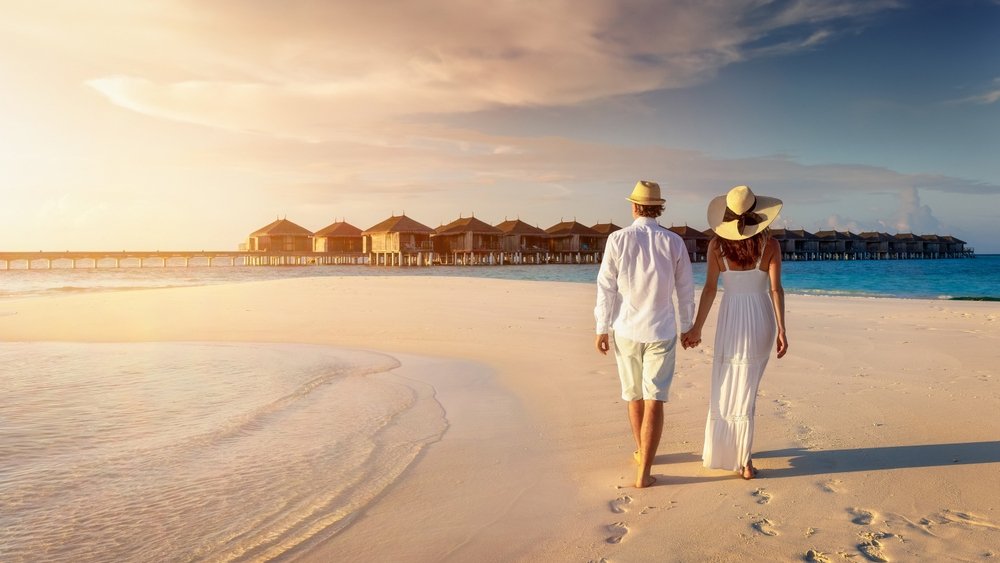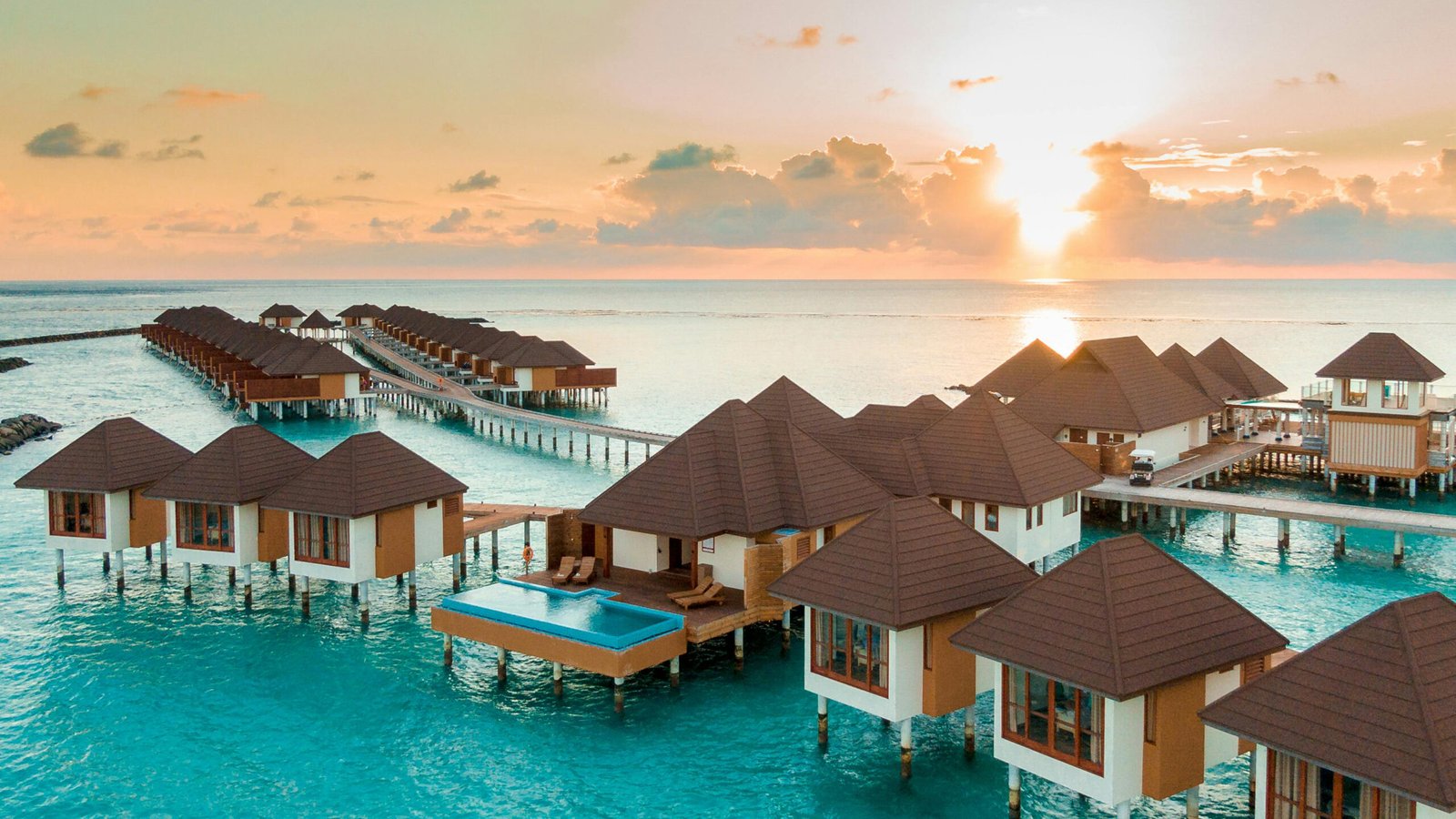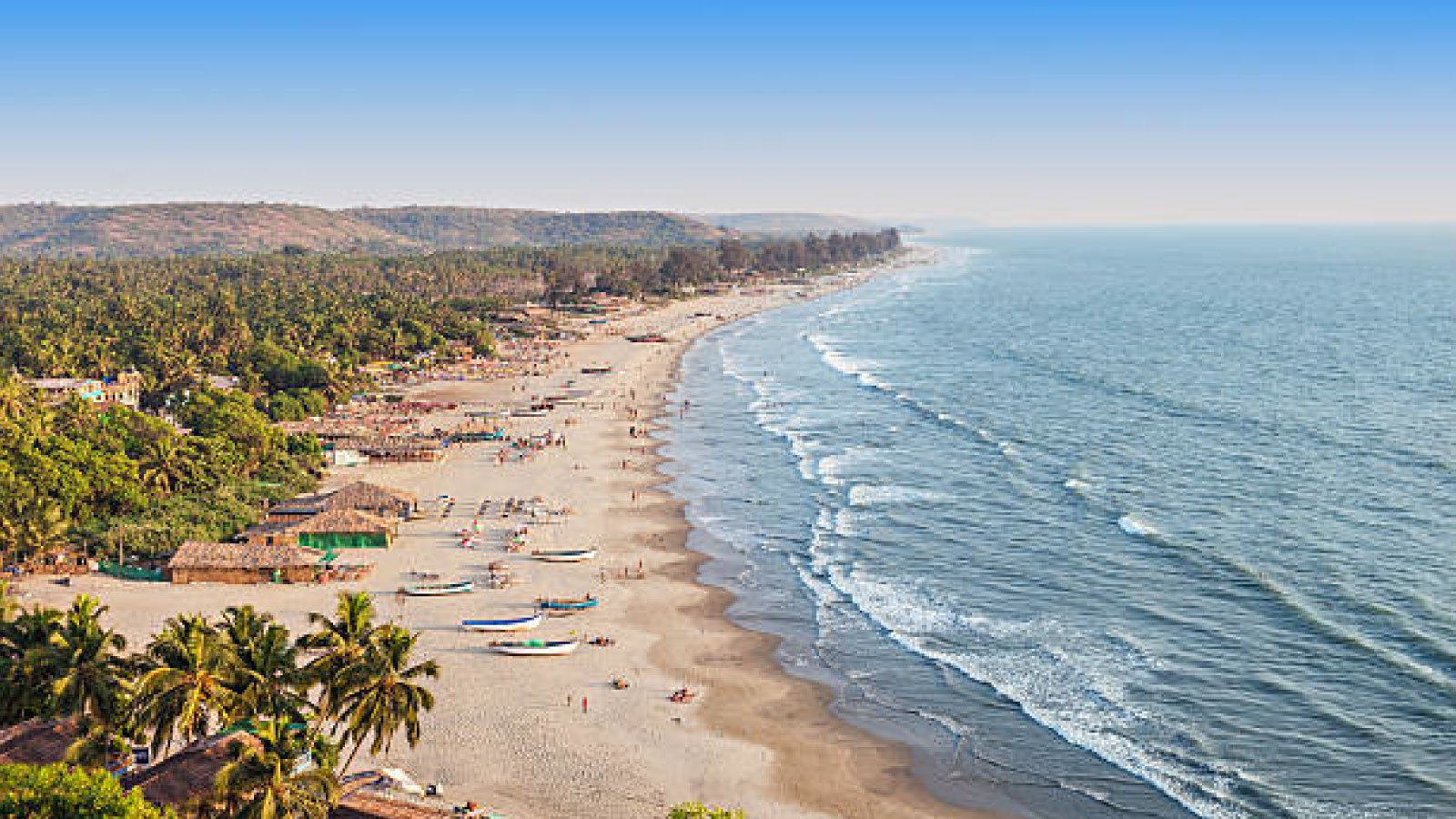Travel Tales and the Twist
The tourism industry constantly fluctuates, with a share of its own highs and lows; several factors could affect this. A similar trend has recently been seen in the decline of Indian tourists to the Maldives; instead, travel enthusiasts are keen on visiting Lakshadweep.
From 2023 to 2024, the number of tourists visiting the Maldives has significantly declined. The data reveals a staggering 42% decrease in the number of Indian travellers to the Maldives over these two years, with 2024 recording a notably lower number of tourists. The decline is relatively lower for tourists visiting Maldives from January to April than the previous year. The island nation’s pristine location no longer attracts Indian tourists.
Let’s take a closer look at the Maldives and its tourism industry, which is witnessing a steep decline in tourists from the Indian Subcontinent and the relatively growing interest of tourists planning to visit Lakshadweep. Furthermore, a deeper understanding of such booming tourism on the archipelago is required.

Ties Between India and Maldives Tourism
The island nation has one of its highest revenues from the Maldives Tourism industry. Moreover, India significantly contributes to this, giving Maldives a much-needed boost in the off-peak seasons. Unlike European tourists who travel during the peak season, Indians travel during the summers in the country. An average one-week stay in the Maldives while travelling from India is more than a lakh; thus, a decline in the number of tourists results in a downfall in their GDP. Therefore, the situation is considered a Maldives crisis that plays a role in the decline in not just the Maldives tours and travel but also the economy of this beautiful country.
Just the Beginnings
This unexpected situation sparked when PM Narendra Modi vacationed at Lakshadweep in the first week of January 2024 and posted pictures of his visit. He was there to announce some developmental projects. However, the Maldives misinterpreted the situation as that of the Indian government promoting Lakshadweep as an alternative destination to the Maldives. Consequently, it led to disrespectful remarks by the Maldives’ high-ranking ministers against the Indian PM on social media. Further, a dramatic turn of events led to the decline of the Maldives tourism industry.
Until then, the Maldives was a favourite destination for Indian tourists to unwind on a beach vacation. It is an awe-inspiring country with pristine waters, beautiful beaches, and commendable hospitality. Several Indians, including celebrities, visit this island nation for its heavenly surroundings. The country has been a hotspot for tourists for many years now. A haven of natural beauty, the serene location is perfect for rejuvenation.
However, recent political issues have had a massive impact on Maldives Tourism. In light of this, people have cancelled their plans to travel to the Maldives and instead plan on heading to Lakshadweep. The same is true for the famed stars. It has led to a ‘Lakshadweep Chalo‘ or’ Let’s go to Lakshadweep’ movement. Ironically, with its response to a misinterpreted situation, the island nation lost its valuable tourists from India.

Attempts for Reconciliation and the Present State
Initially, efforts were being made to attract Indian tourists back to the island nation. A significant Maldives tourism association has organised several road shows to attract Indians to its pristine landscape. The tourism industry attempted to rekindle memories of the historical and peaceful ties between the two nations. They welcomed Indians to visit the Maldives with the same warmth and friendliness.
In contrast, the Maldives tourism industry is recovering from this, as is the sudden boom in Chinese tourists. Some other political reasons are in play since the pro-China president of Maldives, Mohamed Muizzu, was elected into power last year.

Heading to Lakshadweep, Are We?
Since the India-Maldives crisis began, Lakshadweep has seen a surge in people searching about the archipelago. It is not the destination, but the search engines have been facing heavy traffic due to ongoing political issues. It is so because, unlike other beach locations, Lakshadweep is not an easily accessible tourist destination. Thus, getting the Lakshadweep permit and reaching the island with limited transportation services is a task.
For those who have visited Lakshadweep, the location is most liked for fishing, snorkelling, scuba diving, and other water-based adventure activities. The beach destination, with its many famous inhabited islands, is one perfect place to unwind in serenity. The beaches and the waters are untouched by humans due to the strict environmental policies in place. Tourists visiting Lakshadweep are permitted only to take back memories, not things, from its natural surroundings. Moreover, the group of islands can host only a few tourists at a time, and only the most basic facilities are available. The food served at the accommodation is simple meals prepared in the local culinary style.
Since the outrage on social media, Lakshadweep tours have been highlighted as the ‘alternate Maldives’. Meanwhile, the question remains whether Lakshadweep could someday become a competitive tourist destination for Maldives.
Long story short, no.
The reason lies in the archipelago’s very nature. Its survival is based on protecting its natural environment; thus, coral reefs are indispensable for Lakshadweep’s existence. In such a scenario, a boom in tourism can mean an uncontrollable increase in the carbon footprint, which can destroy coral reefs and other natural resources. Such disruption to the natural environment can also pave the way for climate change.
At the same time, the limited amenities on the island are another reason tourists prefer to avoid visiting. Ironically, the minimal levels of tourist inflow benefit Lakshadweep. Its environment is protected from all outside influences, and nature thrives, ensuring the day-to-day survival of the locals. Moreover, the people who inhabit the islands favour development that will not disrupt their livelihood, environment, or lifestyle.
Therefore, Lakshadweep is a pristine and serene location with abundant natural beauty. It also has the potential to develop its tourism industry, providing job opportunities for the locals. At the same time, it is essential to ensure that the environment is not damaged by all the developmental activities and scale of tourist influx.












